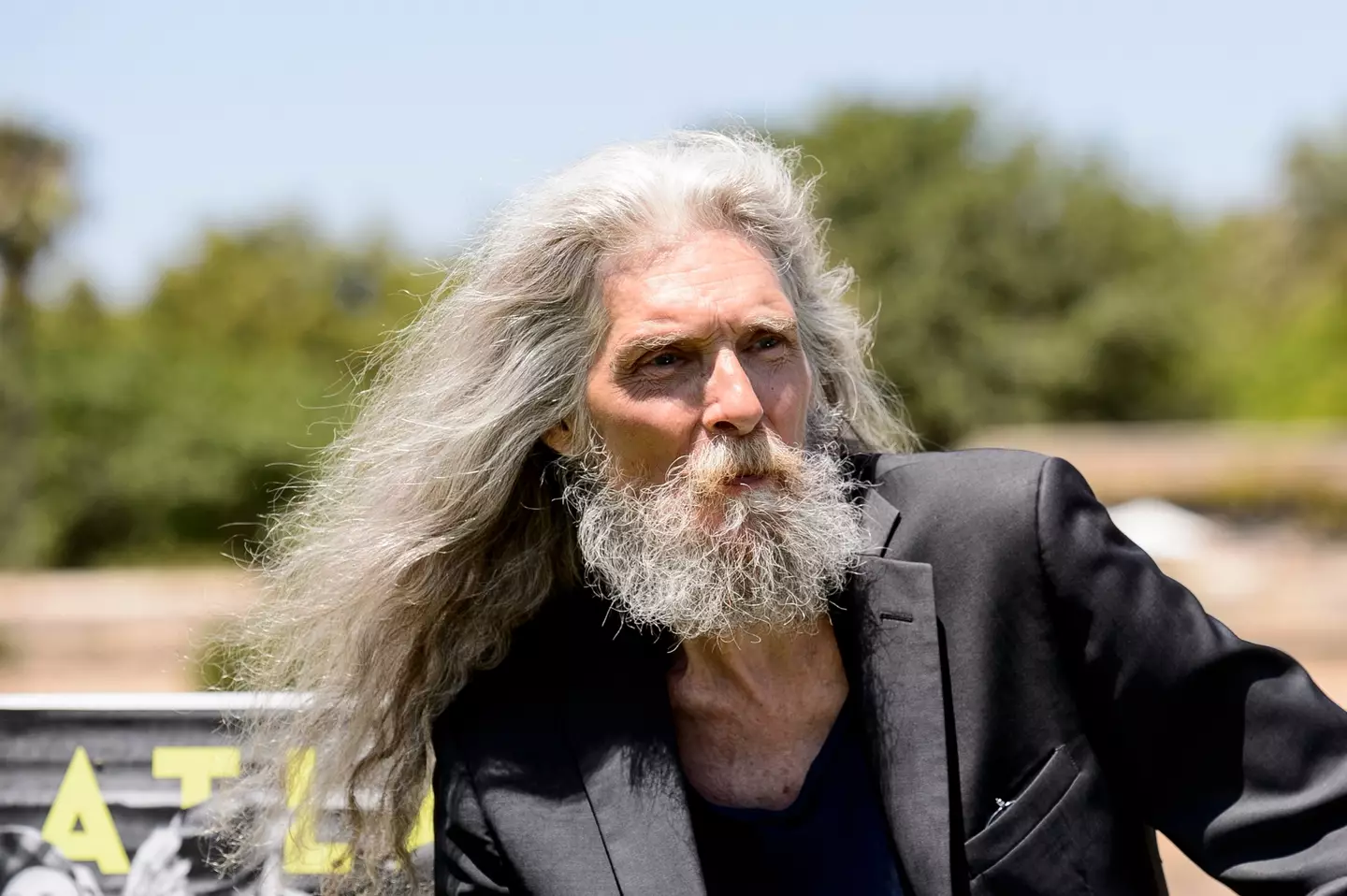The recent death of Swedish actor and musician Björn Andrésen has prompted a global reflection on the dark side of early fame and the heavy cost of a label he could never escape: “the most beautiful boy in the world.” Best known for his role in the 1971 film Death in Venice, Andrésen’s life was a complex tapestry of profound personal tragedy and the relentless pressure of being defined by his youthful appearance.

Andrésen’s struggles began long before the spotlight found him. At just ten years old, his mother died by suicide, leaving him to be raised by his grandmother. It was she, according to Andrésen, who pushed him into acting, driven by a desire to have “a celebrity in the family.” This thrust him into a world for which he was emotionally unprepared. His breakout role led Italian director Luchino Visconti to bestow the “most beautiful boy” title upon him in a press interview, a phrase that would haunt Andrésen for the rest of his days.
He later spoke of feeling like an “exotic animal in a cage,” objectified and trapped by his own image. The difficulties extended beyond public perception; he recounted being taken to gay nightclubs by Visconti as a 16-year-old, an experience that made him “very uncomfortable” but which he felt powerless to refuse. He would later refer to Visconti as a “cultural predator” who sacrificed anyone for his art.

Despite a career in music and acting that spanned decades, Andrésen expressed frustration that his entire identity remained tied to a film he made as a teenager. “Everything I ever do will be associated with that film,” he lamented in a 2021 interview. His story stands as a poignant cautionary tale about the human cost of fame and the lasting damage of reducing a person to a single, fleeting image.


